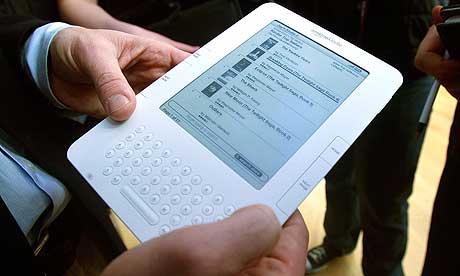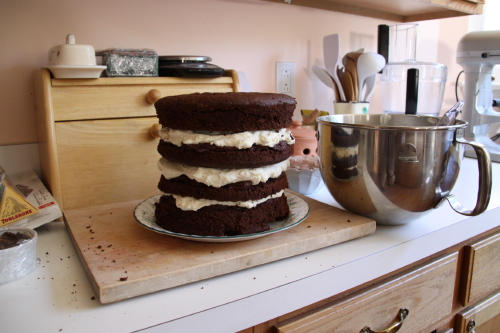E-books are here and they're getting bigger!
There have been e-books around for a few years now, and in Cambridge the e-books project began in 2005. Already in America, e-book sales from Amazon have overtaken paper sales (that acutally happened in December 2009), and so we can guess the direction this is going to continue on.
While you may not feel inclinded yet to read War & Peace on your PC screen, the rise in e-book readers makes recreational reading much more convenient - there are plenty to chose from each with their own strengths and weaknesses - the most popular include:
(sony e-book reader, kindle, increasingly the iPad)
You can even read e-books on mobile phones and iPods (and iPod Touch! let me know if you'd like to borrow the library iPod Touch to try it out!)
How might students find e-books useful? They can only borrow 5 books at any one time from the Medical Library, but there may be chapters they can dip into when they're on placement (or on elective abroad).
There are three sets of e-books that constitute the Things for this week.
Thing 18 - Universtiy e-books
TASK
find a couple of e-books using Newton - try searching for "abc and electronic and books" in the boolean search. click to view the book and try the search functionality
look at all the different providers of e-books that the University of Cambridge uses at the e-book page - instead of browsing each provider, try using the search box on this page to search for a health related topic.
Thing 19 - NHS e-books
The NHS provide e-books in the same way as they do e-journals - use you NHS ATHENS password to browse the content. How might an NHS professional working in the community find e-books useful?
TASK
try searching for "oxford" in the title to see how many of the "Oxford Handbook.." series there are available
While a lot of e-books are behind logins, or you have to buy them to download onto your e-book reader, there are plenty of e-books available for free.
There's a list of free e-book providers available on the ebook pages of the UL website.
TASK
- Project Guttenberg is perhaps the best known - browser the bookshelf, and open a couple of books
- how do they differ in presentation from the e-books availble via the University or the NHS?
Optional Extra
- borrow the iPodTouch and try reading the e-books which are loaded on it already, and /or try going online to access the Oxford Textbook of Medicine (http://otm.oxfordmedicine.com/
 BLOG
BLOG
What do you like about e-books?
Can you ever imagine yourself reading an e-book? Why?
How might the users of the Medical Library make use of e-books?



























